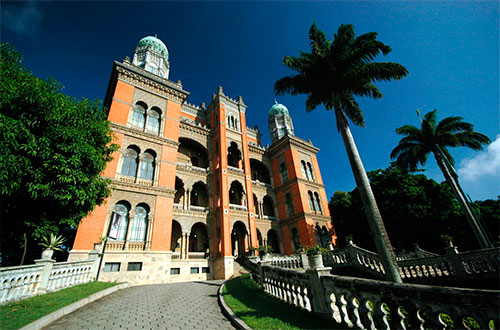26/07/2018 - 13:10 - 14:40
CO2e - Alimentação e Nutrição: Segurança Alimentar e Nutricional I |
21688 - TAKING MEASURES IN TIMES OF “CRISIS”: THE POLITICAL ECONOMY OF OBESITY PREVENTION IN SPAIN
MABEL GRACIA ARNAIZ - UNIVERSITAT ROVIRA I VIRGILI
Apresentação/Introdução
Aiming at finding possible answers to why obesity has increased in Spain coinciding with the implementation of preventive measures in a context of growing precarization, this paper examines the nature and content of health policy developed during last decade. The information analysed here offers various interpretations as why efforts to slow down or reverse this trend have failed.
Objetivos
To unpack the conceptual structure of the obesity prevention model, and to reveal the relative effectiveness of a top-down pattern of health education and communication based on individual aspects of lifestyles and with little citizen participation.
Metodologia
This work was done between 2013 and 2016 in the frame of a broader anthropological study about socioeconomic dimensions of fatness. First, we updated an earlier review of the existing literature in order to identify specific environmental causes of obesity and impoverishment. Second, we analysed policies on obesity based on a compilation of a selection of global action plans and local integral strategies produced during the last decade. Lastly, the sources used in order to better understand changes in the living conditions and health of Spain’s population during this period included the Spanish Living Conditions Survey, Labour Force Survey, Sports Habits Survey and National Health Survey.
Resultados
In the process of translating international guidelines into national action plans, the effects of socioeconomic changes have been ignored, and the symbolic and material needs of the stakeholders have gone unaddressed. The discussion considers the minor role attributed in public health policy to the food and eating as social practice to the specific structural factors that have taken on greater importance during the economic crisis – job insecurity, depressed wages, austerity measures…– and to the social determinants of the differential distribution of obesity and suggests that this lack of attention to their impact may underlie the failure of these strategies to halt the growing obesity rate
Conclusões/Considerações
Appeals to change lifestyles are highly likely to ring hollow when the regular access to healthy foods basket or activities remain limited for many people. Health authorities must ask themselves why their strategies are not really fit for their intended purpose, to obtain reliable studies on how people live, deal with and solve daily challenges and to encourage public participation and to include the public’s views in their proposals.
|


